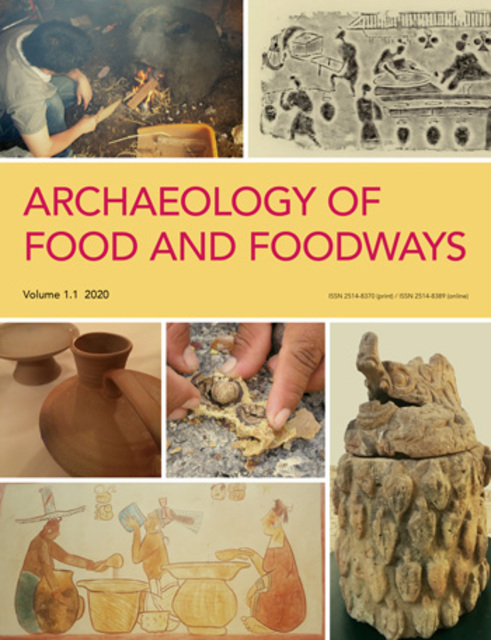Transdisciplinary Approaches to Understanding Past Australian Aboriginal Foodways

Full description
Global understanding of past food systems is based on many lines of evidence, involving complex multidisciplinary contributions. It has long been considered that since Australia’s first colonisation, now dated to 65,000 years ago, its peoples were supported largely through foraging as opposed to farming. Recent research has challenged that perspective, contentiously proposing that Australia’s first nations peoples developed agricultural systems before European colonisation. This proposal has been subject to significant critique, but support of the food-producing nature of Aboriginal society has been boosted by new multi-disciplinary evidence for early aquaculture and possibly cultivation, as well as for the translocation of plants though trans-continental trade systems. While this analysis has generated new discussion and debate, it has also highlighted systemic empirical biases; archaeological data for pre-European plant exploitation remains sparse, and we consistently rely on potentially unrepresentative and historically shallow ethnographic information to fill that gap. We argue that by employing collaborative transdisciplinary research that incorporates Western scientific and Indigenous knowledge pathways, we can more effectively explore the diverse and complex nature of Aboriginal foodways in Australia’s past, from the earliest human arrivals to its current mosaic of different food systems.
- typeImage
- created on
- file formatjpg
- file size85 KB
- container titleArchaeology of Food and Foodways
- creatorMichael C. Westaway, et al
- issn2514-8389 (Online)
- issue2.1
- publisherEquinox Publishing Ltd.
- publisher placeSheffield, United Kingdom
- rights holderEquinox Publishing Ltd.
- volume
- doi
We use cookies to analyze our traffic. Please decide if you are willing to accept cookies from our website. You can change this setting anytime in Privacy Settings.
